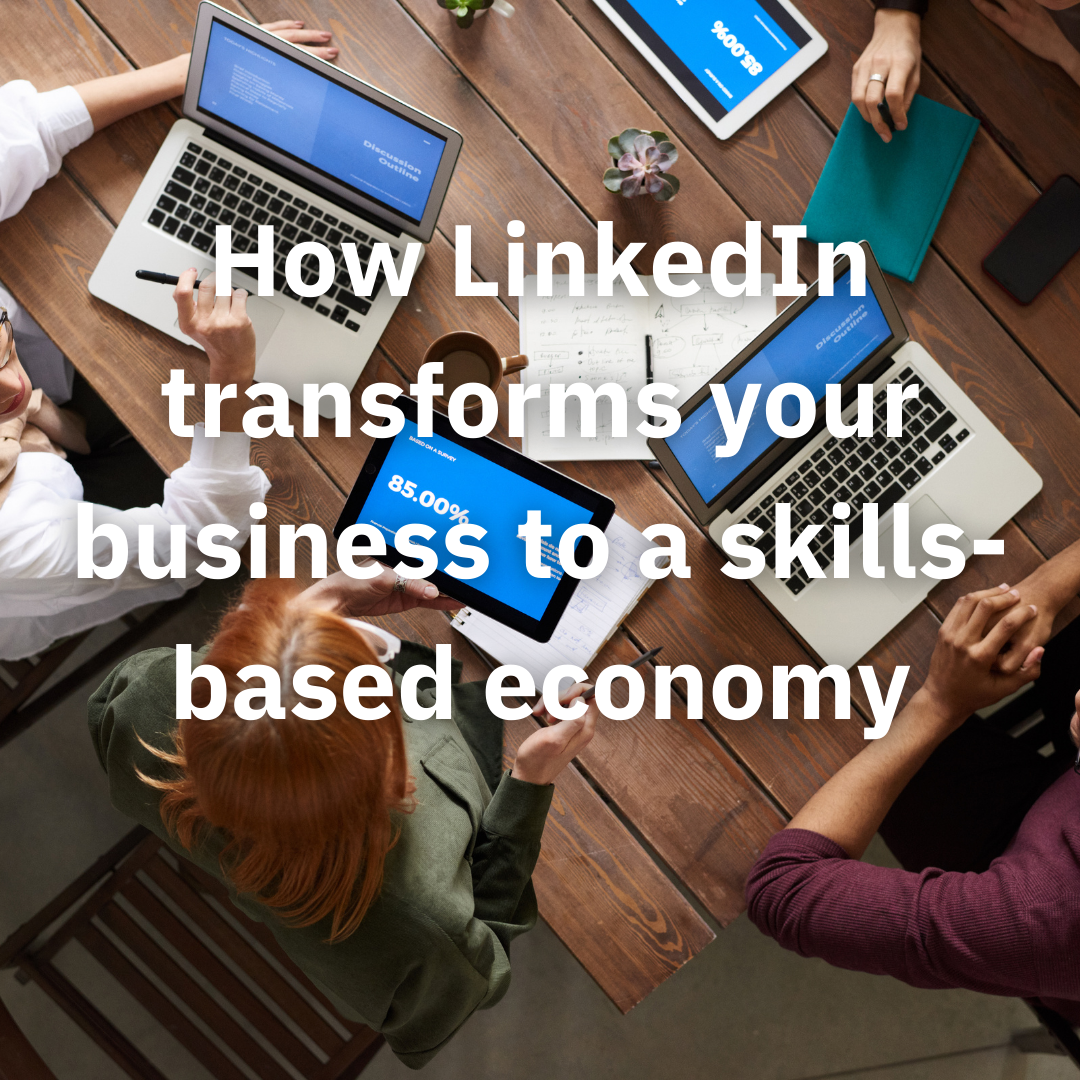The Coronavirus pandemic has triggered a tremendous demand in only a few months, resulting in job losses significantly greater than those seen during the Great Recession a decade earlier. A wide economic recovery will be required, which will necessitate the development of new skills among a significant portion of the global workforce.
According to Microsoft estimates, worldwide unemployment might exceed a quarter-billion people by 2020.
Microsoft outlined the three major goals that this programme will achieve:
- using data to identify in-demand jobs and the skills required to fill them;
- providing free access to learning paths and content to assist people in developing the skills required for these positions;
- providing low-cost certifications and free job-search tools to assist people who develop these skills in finding new jobs.
This initiative will bring together best-in-class information from LinkedIn Learning, Microsoft Study, third-party training providers, and a company's own learning content in one spot so employees can effortlessly learn in the flow of their job. But for now, we will focus on LinkedIn’s powerful learning platform, LinkedIn Learning.
What is LinkedIn Learning?
LinkedIn Learning has around 17 million users, making it one of the top ten providers of such services. In addition to this, LinkedIn has also launched LinkedIn Learning Pro, putting it in direct competition with other major Learning Experience Platforms (LXP) providers like Docebo, Degreed, Coursera for Business, Edcast, and others.
How can LinkedIn help my business?
Although this global initiative may seem irrelevant to your business, it can certainly help with your own business’ recruitment process. How so you may ask? LinkedIn can help transition your business into a skill-based economy as their platform provides you with access to one of the biggest communities online right now.
Keeping top talent engaged is critical to preventing them from defecting to a competitor. Employees leave businesses for a variety of reasons, the most common of which is a lack of professional advancement.
LinkedIn Learning can help your business boost employee engagement with up-to-date, professionally produced education content that is taught by real-world experts.
To stay ahead of the curve, businesses must begin to incorporate learning into their corporate cultures. Organisations that are reluctant to adapt will be left behind, resulting in dissatisfied and unmotivated personnel, as well as a major reduction in overall innovation. Companies can't afford to be stuck in outmoded attitudes at a time when talent is the most valuable commodity in business.
In the current economy, you should start to adopt a skills-based approach when hiring new employees. To achieve this, employees and new hires should be evaluated based on their skill sets rather than their job experience, which can help level the playing field and help firms recognise the talent they currently have. It also broadens skill pools and, in many cases, improves hiring efficiency.
When posting on LinkedIn, you should think carefully about your job descriptions. Concentrate on the outcomes you want to see rather than the qualifications you think would help you achieve them. Maintain your focus on skills — and the evaluations that can be used to assess them. There are several ways to assess a candidate's capacity to work without relying on their degree or experience as proxies, from hard skill evaluations like coding tests to novel soft skill assessments.
The platform is incredibly easy to use due to its intuitive design. Take the time to evaluate job seekers on LinkedIn, look at their profiles and see what skills they have obtained under the ‘License and Certifications’ section.
This isn't to say that their work experience and education are not important in the hiring process; however, in order to successfully transition into a skill-based economy, your company should look beyond the credentials mentioned and instead focus on how skilled your new potential employees can demonstrate within your company.
Microsoft’s global skills initiative has enabled LinkedIn Learning to provide even better digital skills to a global community, an audience that your business can tap into quite easily.
Persona Finance offers remote accounting services for many types of businesses. Please contact Persona Finance at [enquiries@personafinance.co.uk] for more information on how to incorporate LinkedIn Learning for your business or for other business and accounting services.



